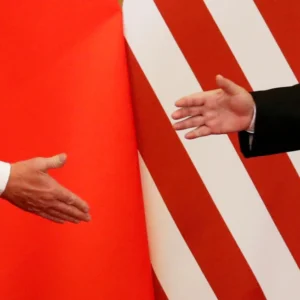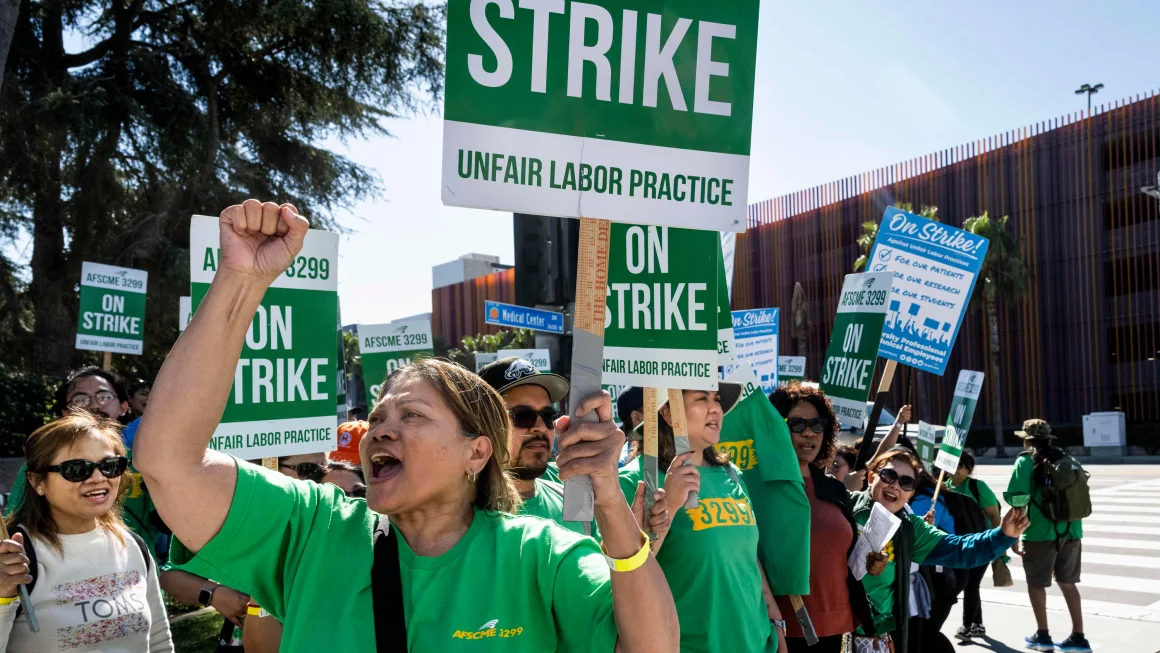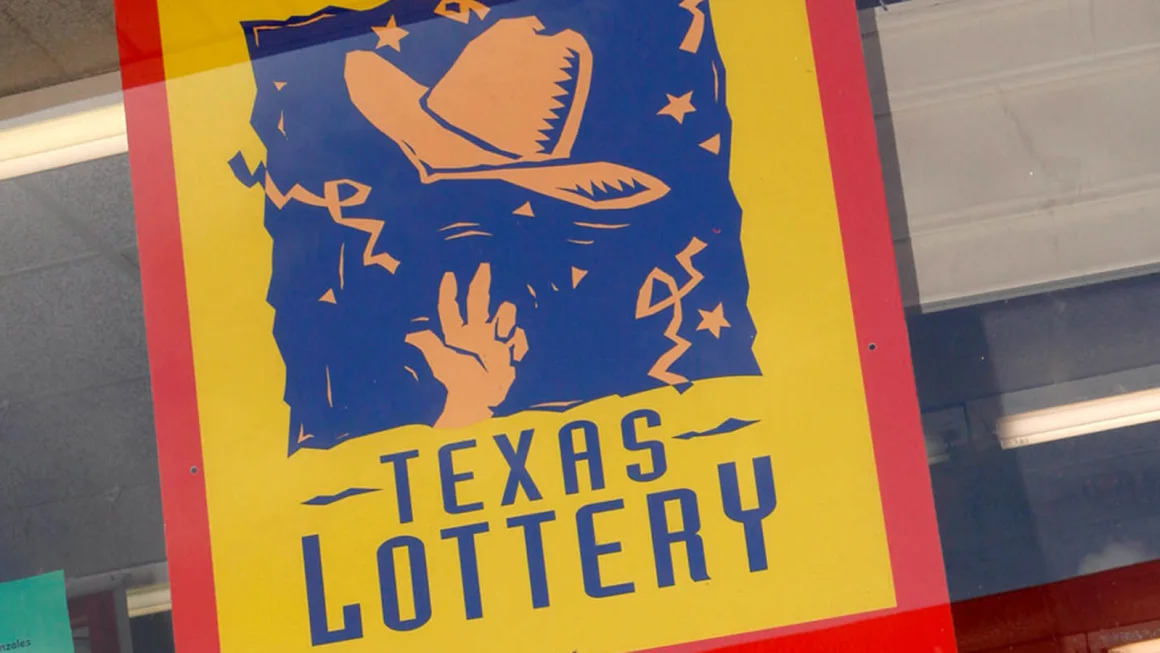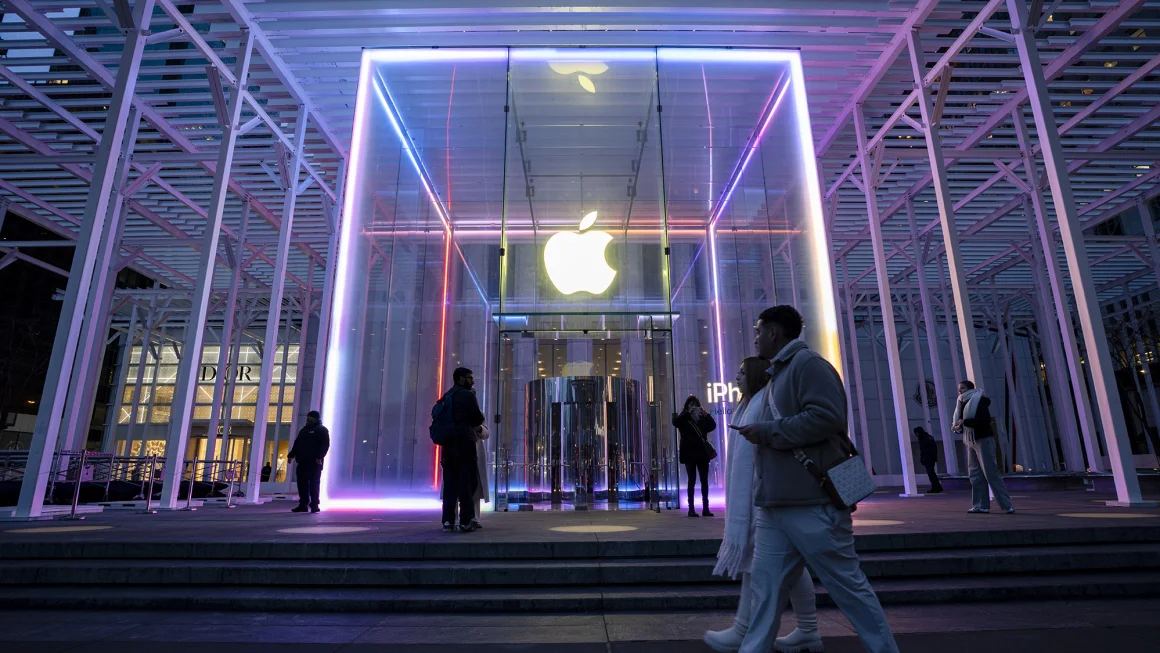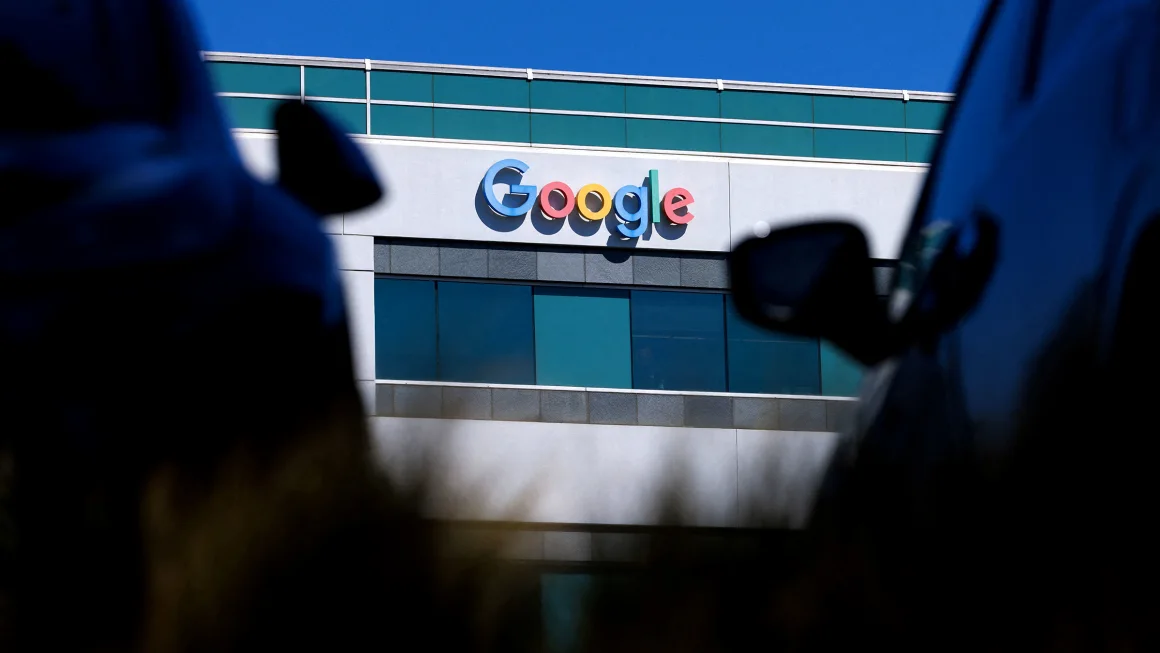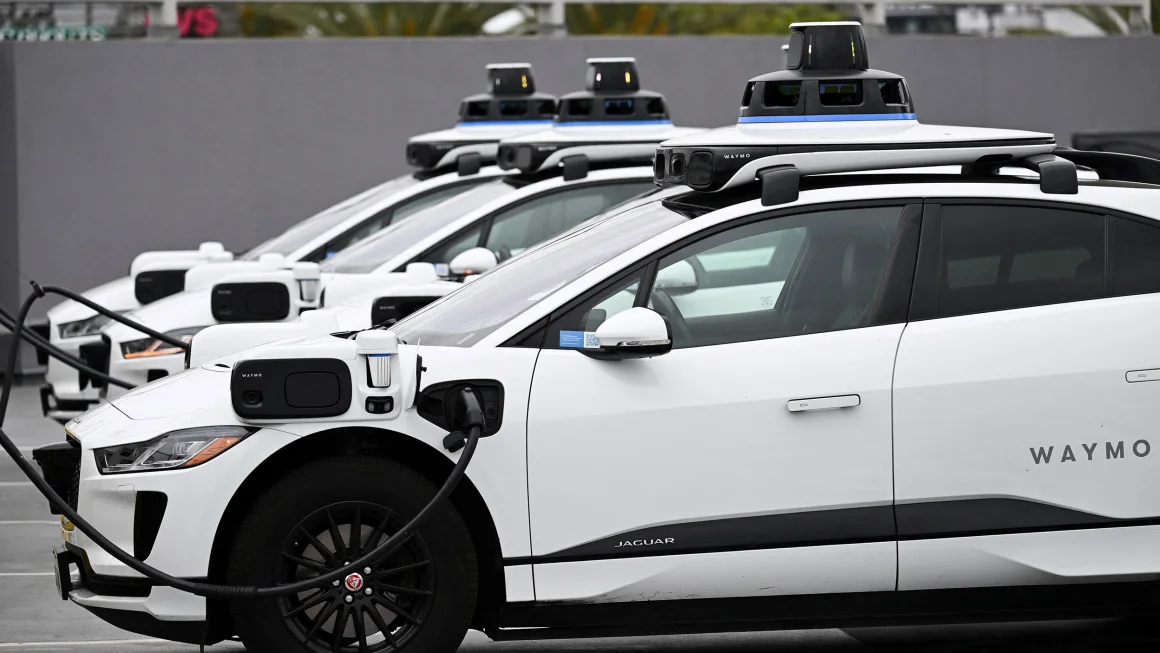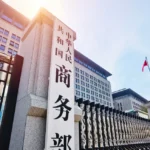Ford has issued a warning to its dealers that vehicle prices may increase starting in June if the current tariffs on imported cars remain in place. The 25% tariffs, introduced by President Donald Trump and effective since April 3, are expected to impact the cost of building and importing vehicles.
In a memo to dealers, first reported by Automotive News, Ford stated that while it won’t raise the manufacturer’s suggested retail price (MSRP) for cars already in inventory, vehicles produced in May and delivered in June or later may see price hikes. Andrew Frick, Ford’s president of retail sales, confirmed that adjustments are likely unless there are changes in the tariff policy.
Although the company doesn’t anticipate immediate retail price changes, it emphasized that rising costs due to tariffs could be passed on to buyers for future vehicle deliveries.
“Customers will still have plenty of inventory to choose from through June 2,” Ford stated. However, it acknowledged that the situation remains fluid and the long-term effects of the tariffs are still being assessed.
The auto industry—manufacturers, dealers, and buyers alike—is preparing for a possible spike in car prices. Experts warn that the 25% import tax could add thousands of dollars to vehicle costs and reduce availability. An even greater impact could come if the administration follows through with plans to add tariffs on auto parts as early as next month, given that most U.S.-built cars rely on imported parts.
To ease consumer concerns, Ford launched an “employee pricing” discount for most of its models on April 3, the same day the car tariffs were enacted. Still, the recent memo signals that price increases may be hard to avoid.
There may be a silver lining, however. Trump recently hinted at a possible delay or revision to tariffs on auto parts, saying that some companies transitioning manufacturing to the U.S. may need more time.
While automakers set wholesale prices, it’s the dealerships—independent businesses—that set the final price for customers. But if automakers raise wholesale prices due to tariffs, buyers can expect to pay more.
Analysts estimate the tariffs could increase costs by $2,500 to $5,000 for low-cost cars and up to $20,000 for certain imported models. Production cuts are also likely, with estimates from Cox Automotive suggesting a 10–20% decline in North American car production. This could result in millions fewer cars reaching U.S. dealerships.
Some automakers are already adjusting: Honda, for instance, has confirmed it will stop making the hybrid Civic hatchback in Japan for the U.S. market.
With reduced supply and steady demand, prices could climb—similar to what happened in 2021 during the chip shortage, which led to a 17% surge in car prices. However, experts say the increase may not be as steep this time due to weaker demand.
Unlike 2021, when consumers benefited from strong job markets, stimulus checks, and low interest rates, today’s buyers are facing high prices, economic uncertainty, and low confidence. Consumer confidence is now at its second lowest point since 1952, even lower than during the Great Recession.
“We do expect supply to be limited,” said Jonathan Smoke, chief economist at Cox Automotive. “But unlike 2021, demand won’t be nearly as strong.”
